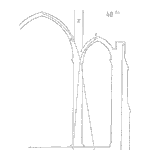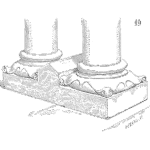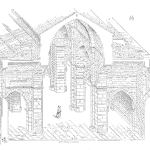
Reliability engineering is a blend of disciplines from material science to asset management. We use problem-solving, design, maintenance, and statistical tools on a regular basis, yet that is not the only thing we do.
Having met a few engineers that define their role as a reliability engineer as conducting HALT or FMEA only, strikes me as to what most believe we do, or should do, as a reliability engineer. It is true that someone may specialize by choice or chance on one tool, yet even then is that all they do?
I don’t think so.













